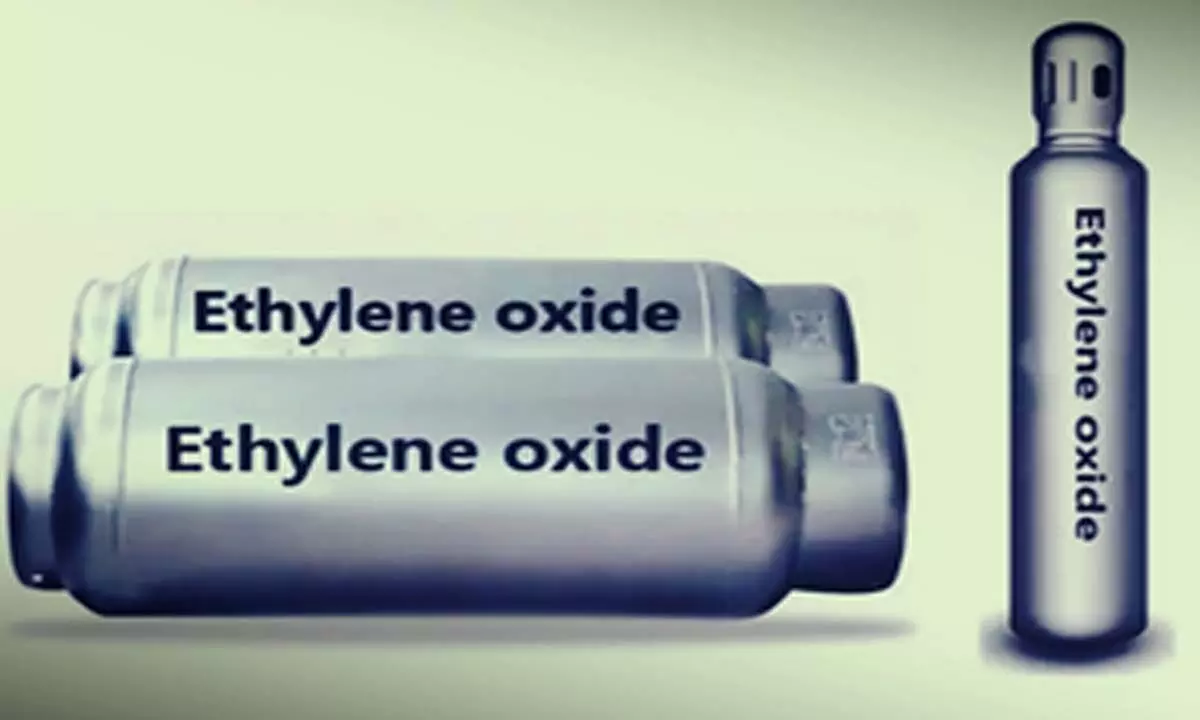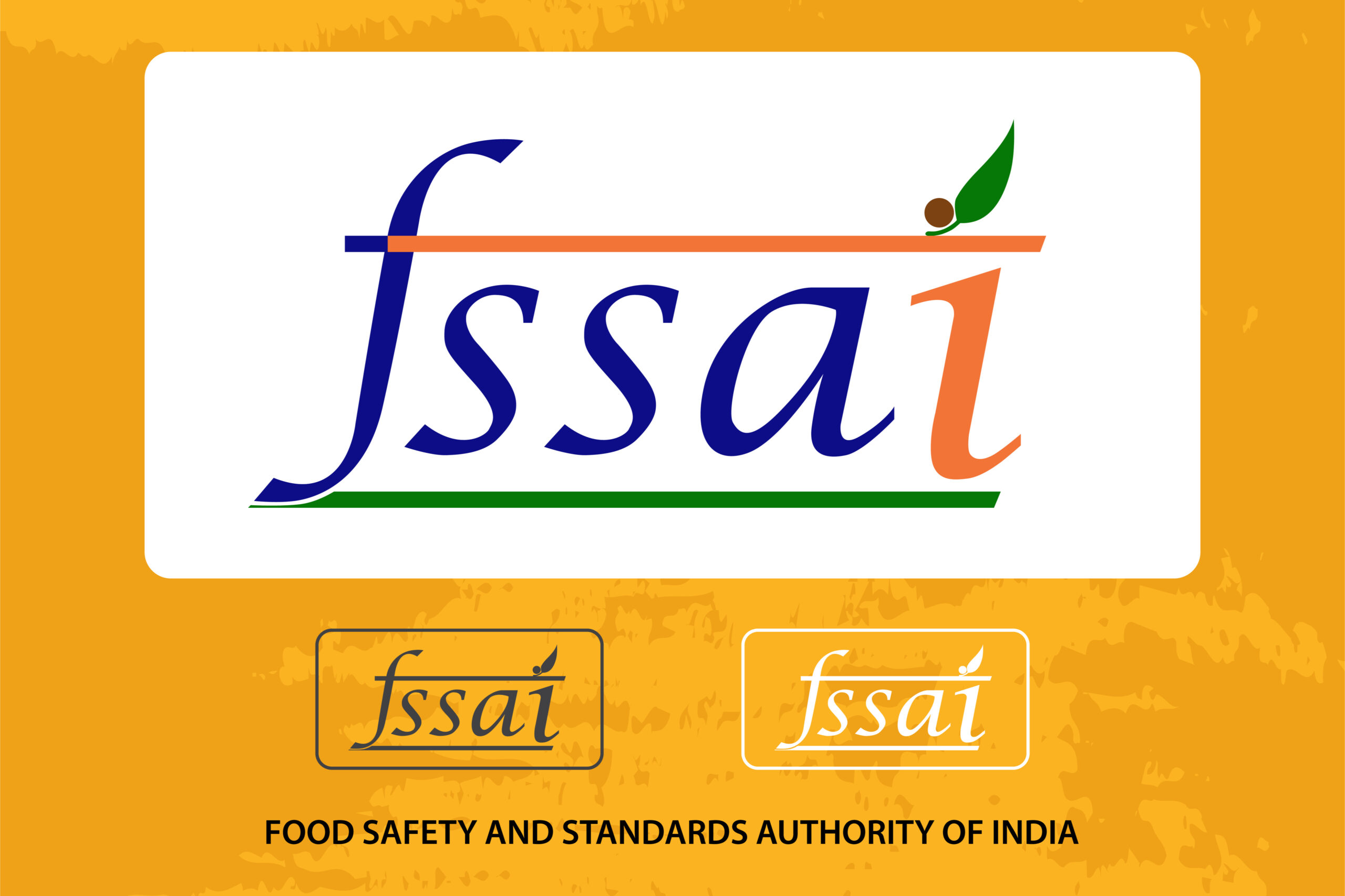MDH and Everest Spice Banned in Singapore and HongKong; Can they Cause Cancer?
MDH and Everest Spice brands, a staple in most Indian household have been banned in Hong Kong and Singapore. This development comes at a time when many other major food manufactures are under scrutiny for misleading product contents.

Shocking discovery by Hong Kong food association on Indian brand spices Like MDH & Everest. What will the FSSAI do next?
In a shocking move Hong Kong and Singapore have banned spices from the popular Indian brands of MDH and Everest. As cited by their food safety departments, certain spice variants of both these brands contain more than permissible amounts of ethylene oxide.
What is ethylene oxide?

This compound is a flammable and colorless gas which in smaller amounts is used as a pesticide or as a sterilizing agent. It has also been used to sterilize food products for many years in the food production industry.
As per reports, short term effects of this chemical are irritation of eyes and mucosa line (present in nose, lungs, stomach and mouth). The long term effects can cause irritation, damage the nervous system, negative effects on reproduction, risk of lymphoid and breast cancer. Hence, ethylene oxide, if consumed more than the permissible limit is a carcinogen. And moreover, consumption of this chemical need not be done by eating; one can suffer from these effects even by inhalation exposure.
What countries have banned it?
All the countries in the European Union have banned this chemical as a food sterilizing agent since 1991. Since, 2020 the testing of food products for ethylene oxide have been amped up after an import of sesame seeds from India recorded the presence of this chemical over the tolerance level.
The EU defines the tolerance level of this chemical with detection. If the presence of ethylene oxide is detected, then the product is unfit for circulation and consumption. This is how the imported sesame seeds were banned after the presence was detected.
Why did Hong Kong and Singapore ban it?

Out of the two regions, Hong Kong was the first one to ban 3 MDH and 1 Everest brand spice powders. This decision was taken after their Centre for Food Safety found the presence of ethylene oxide in the spices. The banned spices of MDH are Sambar powder, Curry powder and Madras Curry powder. Meanwhile, Everest’s Fish Curry Masala powder has been banned. The CFS has asked stores to cease selling the products. As a result of this many importers have started returning the spices.
Following this, Singapore also asked its importers to recall the Everest Fish Curry Masala and the customers who had already bought the spices to not consume it. The Singapore Food Agency also asked citizens to seek professional medical help if they had consumed the spices and were concerned about their health.
What is FSSAI’s next action?
After international bans on products that were not detected by the Food Safety and Standards Authority of India (FSSAI), the organization will be probing into the matter and conduct quality checks on the spices sold by MDH, Everest as well as other brands.
It is to be noted that every country and their food safety authorities have different standards of safety and tolerance. Therefore, the FSSAI will be testing if the levels of ethylene oxide present in the spices are more than what is accepted as per their standards.
What products contain ethylene oxide?
The recent ban on the spices, due to the presence of ethylene oxide has made the public more conscious about the chemical and its harming effects. And since they are a fumigating agent and are also used as antifreeze, there are a lot of dried foods that contain this chemical. Dried fruits, herbs and vegetables, spices, oil seeds and nuts, baby formula, dried dairy foods and diet supplements like capsules.
As these foods are stored for longer periods and need to be completely dry, ethylene oxide is used to make sure that there is no microbial growth. Hence, consumption of the above listed food is safe, given that the amount of this specific chemical used isn’t beyond the tolerance level.
Is the FSSAI negligent ?
In recent times, various instances of violations of food safety and standards have come forward that the FSSAI should be held accountable for. Starting from Bournvita being removed from the “health drink category”, Nestle’s Cerelac having 30% added sugar in Indian products as opposed to their European counterparts, to the ban of MDH and Everest Masala in foreign countries.

One thing that is common among all these cases is that, rather than the FSSAI, the body that is responsible for maintaining food safety measures, it was external third parties that took the first step of investigating and pointing out these issues. It was only after public outrage that FSSAI took cognizance of these misleading products.
For example in the case of Bournvita, it was a social media influencer named Revant Himatsingka alias “foodpharmer” that disclosed the high level sugar contents in the drink. While Nestle’s debacle was disclosed by Public Eye, a Swiss based organization. And the presence of a carcinogenic compound in India’s home brands, MDH and Everest, was notified by two foreign food safety government organizations.
All these instances make one question the safety standards of the FSSAI. And also fearful of what other harmful chemicals are the general public ingesting regularly, because the FSSAI wasn’t careful enough in their testing and deemed it fit for consumption.
What other Indian products are banned in foreign countries?

The ban on MDH and Everest Masala by Honk Kong and Everest aren’t a new feat. Many Indian products have been banned in foreign countries before as well, citing health concerns. They are as listed below:
- Chawanprash banned in Canada, because of high amounts of Mercury and Lead
- Indian honey by brands like Dabur, Himalaya and, Baidyanath are not sold abroad because of contamination
- Alto K10 and TATA Nano not allowed to import, since they don’t meet safety measures during car crash tests
- Haldiram’s banned in the U.S.A, citing high amounts of adulterants
- India made ghee banned in U.S.A since the contents are not mentioned in the packaging
The most astonishing part about this list is that, most of these food products are a staple in Indian homes and a part of our daily diets. But many governments around the world deem them unfit for consumption due to health safety concerns.
And these concerns are relevant because a lot of imported Indian products have proven to be fatal for many people in other countries. Indian cough syrups, for example, were the cause of deaths of many children in Gambia, Cameroon and Uzbekistan. Only after bans and outrage by the foreign government, the Indian authorities took the decision to cease its sale and production in the Indian markets as well.
Hence, both violations of standards by food manufactures and the negligence of the FSSAI in proper testing and probing is an area of concern for all Indian consumers.




